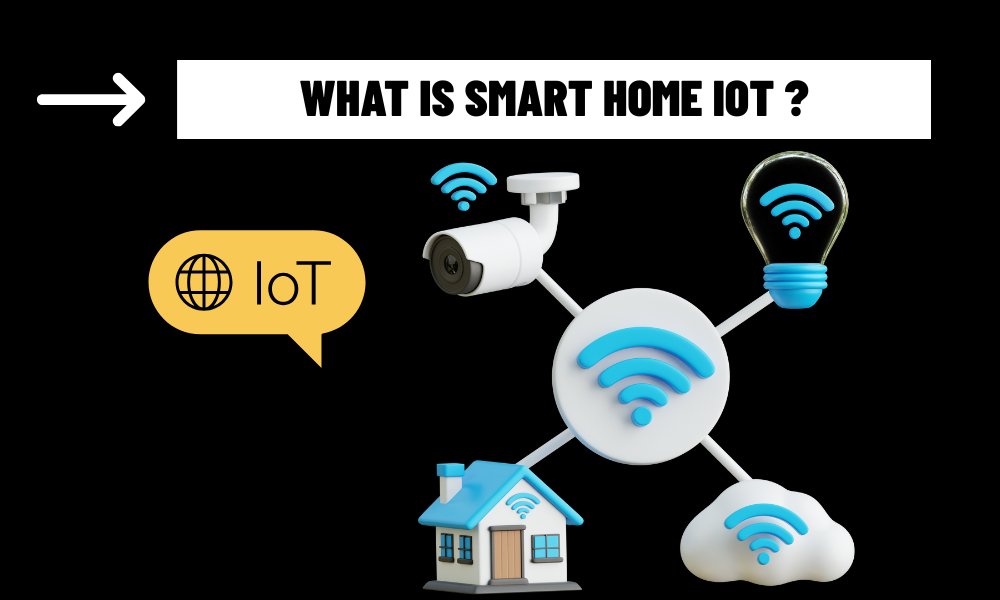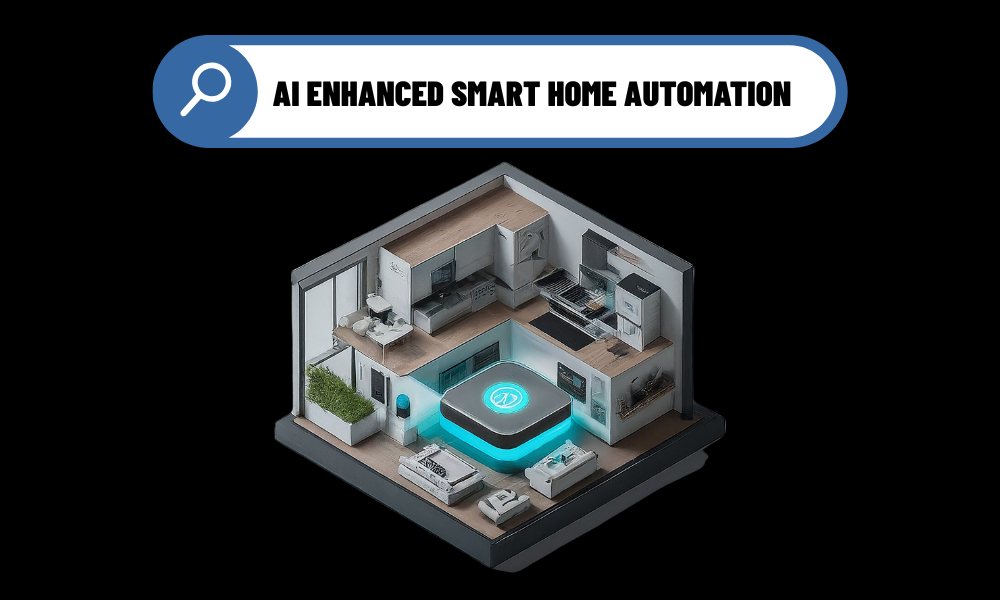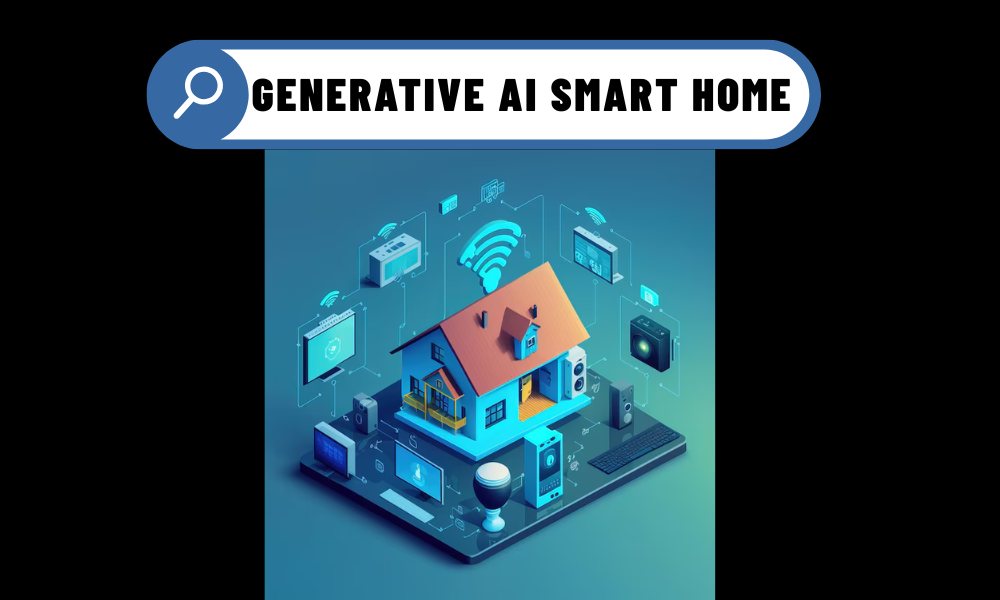In a world increasingly defined by decentralized systems and intelligent automation, the line between digital and physical innovation is blurring. While blockchain and AI dominate conversations in the crypto and Web3 space, 7 smart technologies are reshaping how we interact with everything—from our homes to our cities, our finances to our energy grids.
These technologies aren’t isolated gadgets or fleeting trends. They’re part of a broader technological shift—one rooted in data, automation, and autonomy. For those already immersed in crypto, understanding these smart technologies isn’t just insightful—it’s essential.
Contents
- 1 7 Smart Technologies
- 1.1 Smart Homes: Where AI and Everyday Living Converge
- 1.2 Smart Cities: Data-Driven Urban Living
- 1.3 Smart Grids: Energy Autonomy with Intelligence
- 1.4 Smart Contracts: Trustless Transactions, Automated Logic
- 1.5 Smart Mobility: Moving People, Not Just Vehicles
- 1.6 Smart Healthcare: Personalized, Predictive, and Decentralized
- 1.7 Smart Finance: Beyond Traditional Banking
- 2 Living in a Smart, Decentralized World
7 Smart Technologies
Smart Homes: Where AI and Everyday Living Converge
The modern home is no longer just a shelter—it’s a responsive ecosystem. Voice-activated systems, intelligent thermostats, and AI-driven appliances are redefining convenience and efficiency. These homes learn, adapt, and anticipate needs, creating a seamless user experience not unlike the personalized interfaces of decentralized apps (dApps).
For Web3 users accustomed to automation through smart contracts, the home’s transformation into an intelligent, adaptive environment feels like a natural extension of that logic—automation working in your favor, behind the scenes.
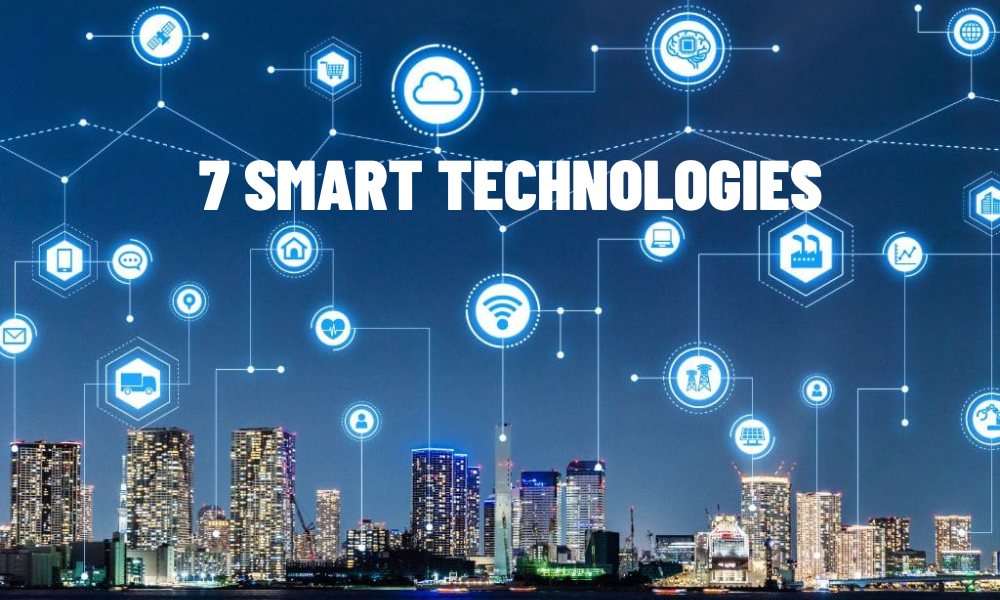
Smart Cities: Data-Driven Urban Living
Urban infrastructure is going digital. From AI-regulated traffic systems to decentralized energy grids, smart cities use real-time data to optimize public services. The goal? Enhanced efficiency, safety, and sustainability.
What makes smart cities especially relevant to the crypto space is their growing use of blockchain for transparency and security. Digital identity, public resource management, and citizen engagement are all seeing blockchain adoption—building cities that are not just smart, but trustless and interoperable.
Smart Grids: Energy Autonomy with Intelligence
Traditional power grids are centralized, vulnerable, and inefficient. Smart grids, however, are dynamic and self-regulating. They balance supply and demand using AI and IoT sensors, and in some cases, even enable peer-to-peer energy trading.
For crypto-native thinkers, smart grids echo the ethos of decentralization. Some projects are already using blockchain to tokenize energy usage and enable transparent trading—creating a world where energy is not just consumed, but intelligently distributed.
Smart Contracts: Trustless Transactions, Automated Logic
The term “smart” applies here not because of physical intelligence, but because of the logic embedded within. Smart contracts automate agreements without the need for intermediaries, making them foundational to DeFi, NFTs, DAOs, and countless Web3 innovations.
Among the 7 smart technologies, smart contracts arguably have the most direct impact on crypto users. They are the programmable layer of trust that powers everything from decentralized exchanges to yield farming protocols.
Smart Mobility: Moving People, Not Just Vehicles
From autonomous electric vehicles to intelligent public transport systems, smart mobility is reshaping transportation. These systems use real-time data, AI, and sometimes blockchain for route optimization, traffic management, and ride-sharing.
In the Web3 ecosystem, mobility is more than convenience—it’s opportunity. Projects exploring mobility tokenization or decentralized ride-sharing are already underway, bridging the gap between physical movement and on-chain innovation.
Smart Healthcare: Personalized, Predictive, and Decentralized
Healthcare is undergoing a silent revolution. Wearable devices collect continuous health data, AI interprets it in real-time, and patients receive tailored interventions without visiting a clinic. The next layer? Blockchain-based data ownership and decentralized health records.
This aligns with the Web3 ideal: individuals should control their data. As smart healthcare integrates privacy-first tech, it brings medical autonomy closer to reality.
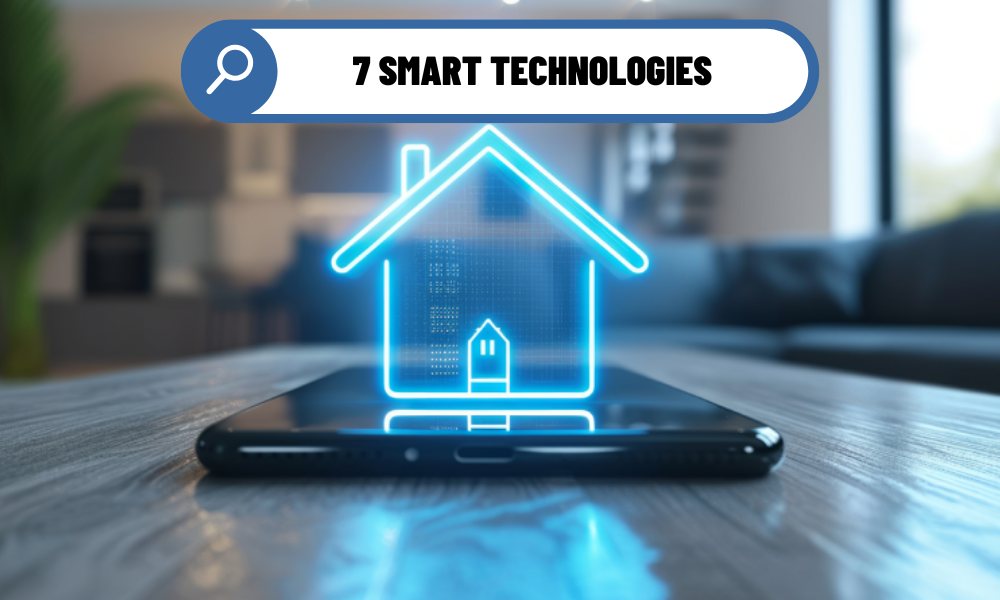
Smart Finance: Beyond Traditional Banking
Lastly, smart finance goes beyond apps and neobanks. It’s about real-time risk assessment, algorithmic wealth management, and decentralized financial access. While DeFi leads in this space, traditional finance is catching up by integrating AI for fraud detection, blockchain for faster settlements, and smart contracts for automating complex transactions.
These innovations signal a future where finance is not only more inclusive but inherently programmable—designed for a user base that expects both security and speed.
Living in a Smart, Decentralized World
These 7 smart technologies aren’t just making our lives more efficient—they’re building the infrastructure of a new digital era. For those in the crypto and blockchain space, they represent a convergence of principles: autonomy, transparency, and intelligence.
As smart systems continue to evolve, so does the potential for Web3 integration. The question is no longer if these technologies will redefine our future—but how fast we’re willing to embrace them.
